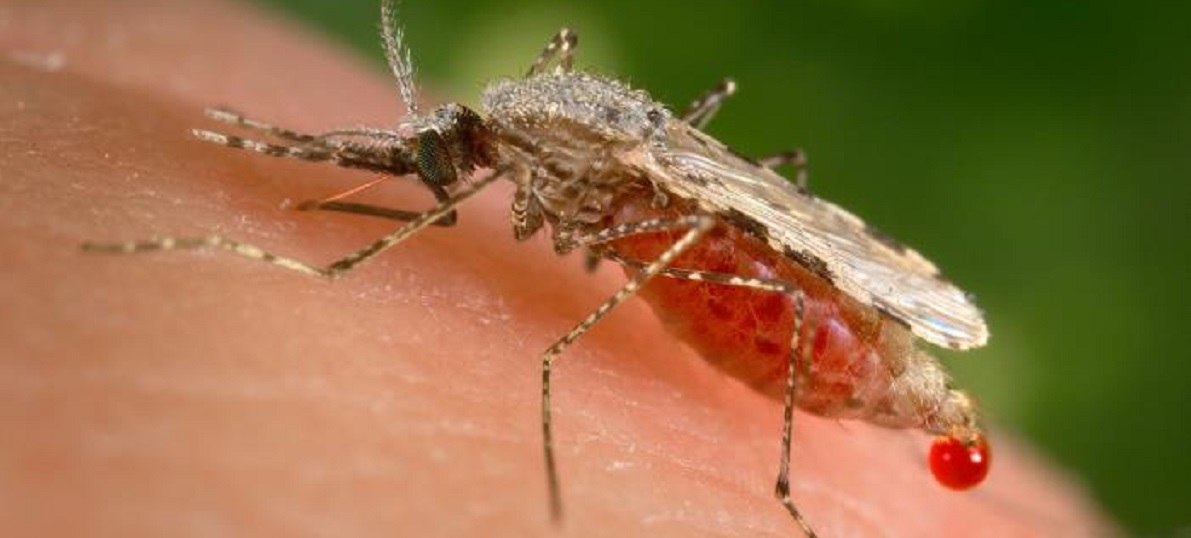
In many cities of Sindh, stagnant water is still accumulating, which is proving hazardous and resultantly working as an agent in spreading malaria and dengue, due to which malaria and dengue are common throughout Sindh and several cases are being reported everywhere.
Sukkur Civil Hospital receives patients from different cities and villages, which are currently facing a heavy load of waterborne disease patients. A large number of them are from rural areas that were affected by record-breaking floods and heavy rains.
Now various wards of the hospital are packed with patients suffering from water-borne diseases. such as cholera, diarrhea, typhoid, amoebiasis, hepatitis, gastroenteritis, giardiasis, campylobacteriosis, scabies, and worm infections. Due to the non-availability of clean water, people are forced to drink contaminated water and eat unhygienic food, which leads to the risk of such diseases.
Stagnant sewage is a dangerous breeding ground for mosquitoes, which still accumulates in many areas and contributes to the spread of malaria and dengue.
Dr. Younis a Post graduate trainee at the Medicine Department of Civil Hospital Sukkur said,
We are getting patients from flood-affected areas and local areas as well, 7 out of 10 patients with high fever test positive for malaria, and sometimes their platelets are dangerously low. Affected people are unable to arrange platelets and blood because they don’t have donors and other alternative options.
Furthermore, he said dengue-infected patients are more vulnerable to bleeding due to low platelet count. We are requesting people to come forward and donate blood, blood, and drug donating organization are also requested to bring ease to their policies so that these uneducated and affected people can get blood easily.
I would personally request people to take this matter seriously and use nets and mosquito repellents and avoid mosquito attacks and remove standing water around them.
The government and non-government organizations should provide all the necessities to the affected people to stay safe from the deadly disease.
Medical camps should be organized mainly in rural areas to prevent waterborne and skin infections. Effective measures should be taken to deal with outbreaks of malaria and dengue and drain out accumulated water from residential areas.
This worst scenario raises many questions about the ignorant and inhumane attitude of the district administration as well as the Sindh government.